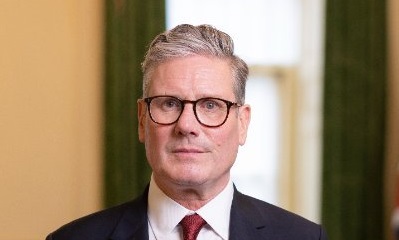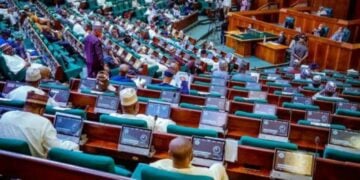Commonwealth leaders have agreed that the time has come for a conversation about reparations for the slave trade, despite the UK’s desire to keep the subject off the agenda at a two-day summit in Samoa.
A document signed by 56 heads of government, including UK Prime Minister Sir Keir Starmer, acknowledged calls for discussions on reparatory justice for the abhorrent transatlantic slave trade.
The statement said it was time for a “meaningful, truthful and respectful conversation”.
Sir Keir said there had been no discussions about money at the meeting, and that the UK was very clear in its position that it would not pay reparations.
The UK has faced growing calls from Commonwealth leaders to apologise and pay reparations for the country’s historical role in the slave trade.
Reparations for the benefit of those who suffered as a result of slavery could take many forms, from financial to symbolic.
Ahead of the summit, Downing Street had insisted the issue would not be on the agenda.
Speaking at a press conference yesterday, Sir Keir said Commonwealth leaders had a positive two days in Samoa and downplayed the prominence of reparations at the summit.
“The dominant theme of the two days has been resilience and climate,” he said, adding that the section of the joint statement discussing reparations amounts to one paragraph in 20-something paragraphs.
“None of the discussions have been about money. Our position is very, very clear in relation to that,” he said.
Last week, Chancellor Rachel Reeves told the BBC the UK would not pay reparations for slavery.
Before the statement was released, the leaders’ conclave – where commonwealth prime ministers and presidents meet without advisers – went on for about six hours.
The prime minister said it was not the conversation about reparations that had caused it to run on for so long.





